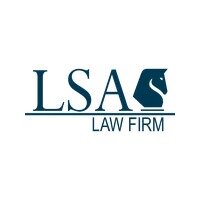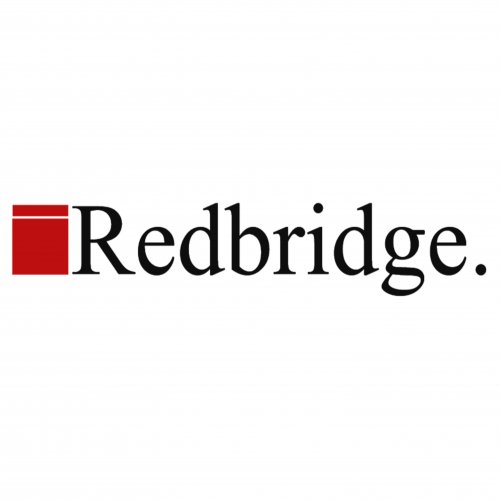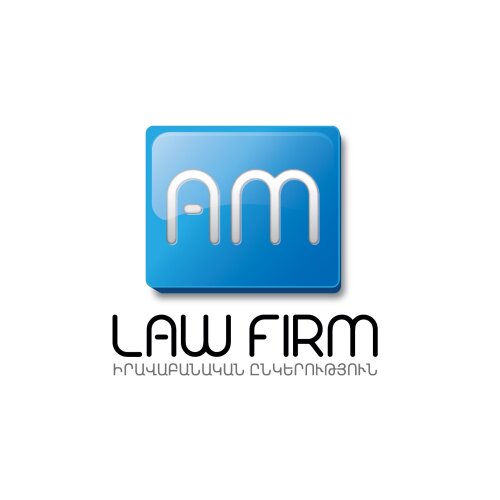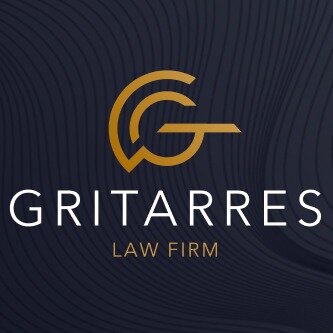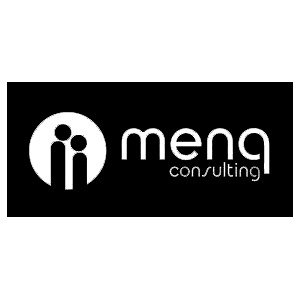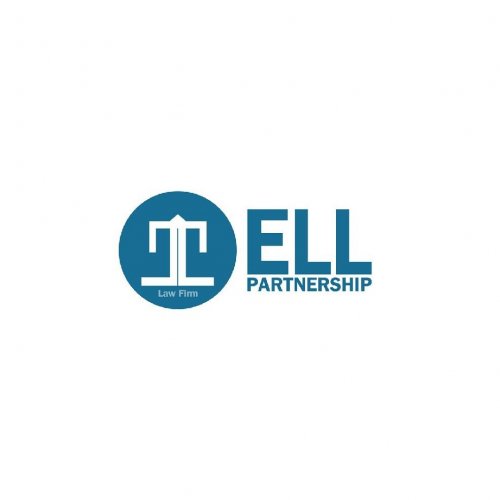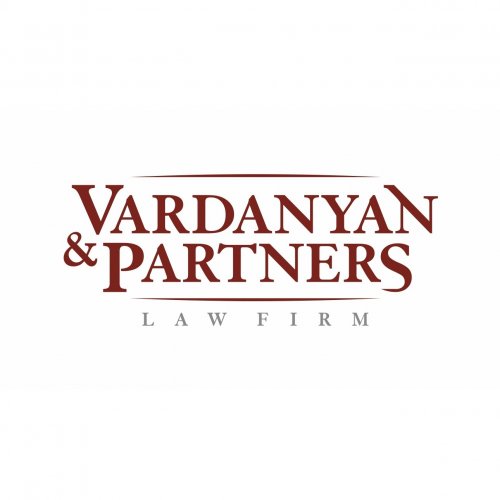Best Art & Cultural Property Law Lawyers in Armenia
Share your needs with us, get contacted by law firms.
Free. Takes 2 min.
Or refine your search by selecting a city:
List of the best lawyers in Armenia
About Art & Cultural Property Law in Armenia
Art & Cultural Property Law in Armenia encompasses legal frameworks that protect the rich cultural heritage and artistic expressions of the nation. This area of law includes the preservation of cultural monuments, regulation of the art market, restitution of stolen or illegally exported cultural items, and enforcement of copyright laws related to artistic works. Armenia, with its deep historical roots and significant cultural assets, places a strong emphasis on preserving and protecting its cultural property and expressions.
Why You May Need a Lawyer
There are several situations in which individuals or entities may require legal assistance in the field of Art & Cultural Property Law:
- Acquiring or selling art and cultural artifacts, where legal guidance can ensure compliance with local and international regulations.
- Disputes over ownership or restitution of cultural property, especially in cases involving stolen or illicitly transferred items.
- Legal matters concerning the preservation of heritage sites or contesting construction projects that may endanger cultural sites.
- Protection of intellectual property rights related to creative works, such as copyright law issues for artists and creators.
- Navigating export or import regulations for cultural goods, including obtaining necessary permits and certifications.
Local Laws Overview
Key aspects of local laws relevant to Art & Cultural Property Law in Armenia include:
- The Law on the Preservation and Use of Historical and Cultural Monuments, which governs the protection and management of cultural heritage sites.
- Regulations set by the Ministry of Culture regarding the export and import of cultural artifacts, ensuring compliance with international conventions.
- The Copyright and Related Rights Law, which outlines the protection of artistic and literary works and establishes the rights of creators.
- Laws specifically addressing the restitution and repatriation of cultural property, in accordance with international agreements like the UNESCO Convention.
- Legal frameworks supporting the establishment and operation of museums and art galleries to promote cultural education and preservation.
Frequently Asked Questions
What is cultural property law?
Cultural property law refers to legal regulations that protect culturally significant items and heritage sites, addressing their management, preservation, and restitution.
How can I verify if an artifact is legally acquired?
To verify the legal status of an artifact, consult with legal experts, and check provenance documentation, and any relevant export/import certificates.
What are the consequences of illegally exporting cultural property from Armenia?
Illegally exporting cultural property can result in severe penalties, including fines, imprisonment, and the confiscation of the artifact.
How does Armenia engage with international cultural property laws?
Armenia is a signatory to various international treaties, such as the UNESCO Convention, ensuring compliance with global standards for protecting cultural heritage.
Can I reproduce a historical artifact for commercial use?
Reproducing historical artifacts for commercial purposes typically requires permission from relevant authorities and may involve copyright considerations.
What steps should I take if I discover cultural property on my land?
If cultural property is found on your land, report it to local authorities promptly; unauthorized excavation or sale is prohibited by law.
What are my rights as an artist in Armenia?
As an artist, you have rights under the Copyright and Related Rights Law, including the exclusive rights to reproduce, distribute, and display your works.
Are there any government grants available for preserving cultural heritage?
Yes, the Armenian government and various NGOs offer grants for projects aimed at preserving cultural heritage and promoting cultural education.
What should a museum do if it suspects possessing a looted artifact?
The museum should conduct a thorough provenance research, cooperate with authorities, and consider returning the artifact to its rightful owner or country of origin.
How can I ensure the authenticity of a purchased artwork?
To ensure authenticity, obtain a certificate of authenticity from a reputable source, consult art experts, and review provenance history.
Additional Resources
For those seeking further information on Art & Cultural Property Law in Armenia, consider the following resources:
- The Ministry of Culture of Armenia - Oversees cultural heritage preservation and policies.
- The Armenian Copyright Agency - Provides guidance on copyright and related rights.
- Local universities offering legal courses focused on cultural property law.
- Non-governmental organizations dedicated to cultural preservation and art authenticity verification.
Next Steps
If you require legal assistance in Art & Cultural Property Law in Armenia, consider the following steps:
- Consult with a lawyer specializing in cultural property and art law for personalized legal advice and representation.
- Gather all relevant documentation and information related to your situation before seeking legal counsel.
- Contact the appropriate governmental bodies to report any issues or concerns related to cultural property.
- Regularly stay informed about updates in local and international laws affecting art and cultural property.
Lawzana helps you find the best lawyers and law firms in Armenia through a curated and pre-screened list of qualified legal professionals. Our platform offers rankings and detailed profiles of attorneys and law firms, allowing you to compare based on practice areas, including Art & Cultural Property Law, experience, and client feedback.
Each profile includes a description of the firm's areas of practice, client reviews, team members and partners, year of establishment, spoken languages, office locations, contact information, social media presence, and any published articles or resources. Most firms on our platform speak English and are experienced in both local and international legal matters.
Get a quote from top-rated law firms in Armenia — quickly, securely, and without unnecessary hassle.
Disclaimer:
The information provided on this page is for general informational purposes only and does not constitute legal advice. While we strive to ensure the accuracy and relevance of the content, legal information may change over time, and interpretations of the law can vary. You should always consult with a qualified legal professional for advice specific to your situation.
We disclaim all liability for actions taken or not taken based on the content of this page. If you believe any information is incorrect or outdated, please contact us, and we will review and update it where appropriate.
Browse art & cultural property law law firms by city in Armenia
Refine your search by selecting a city.




